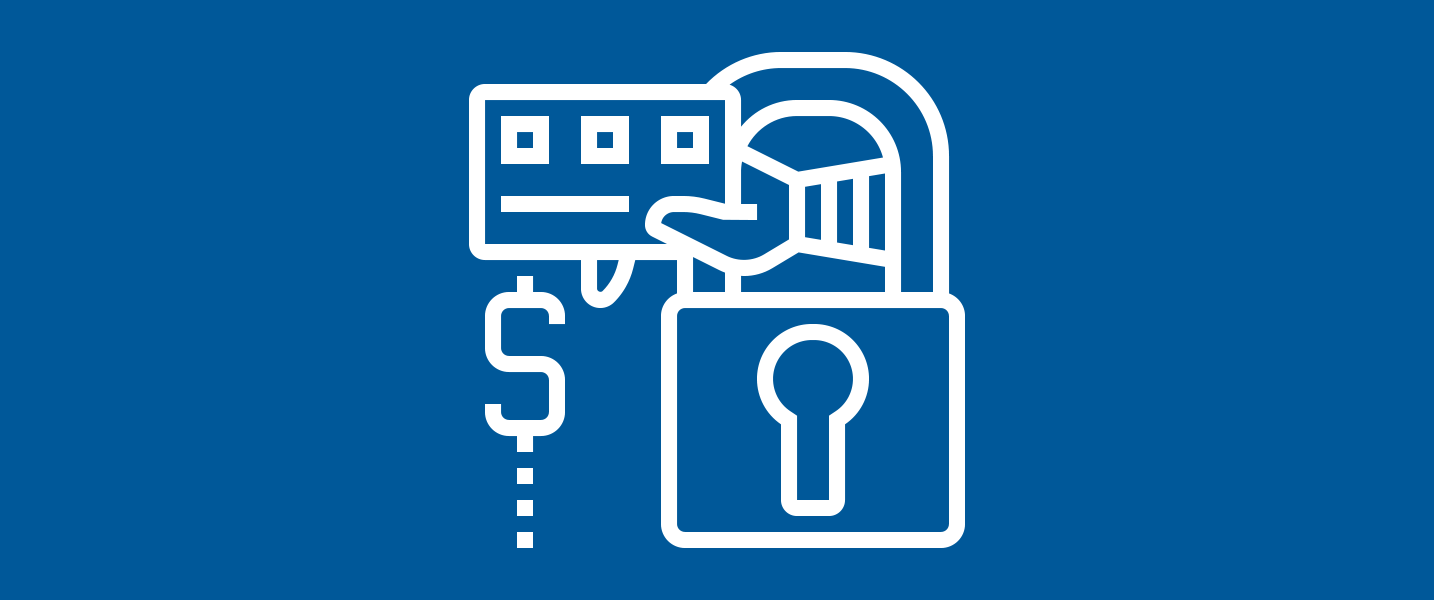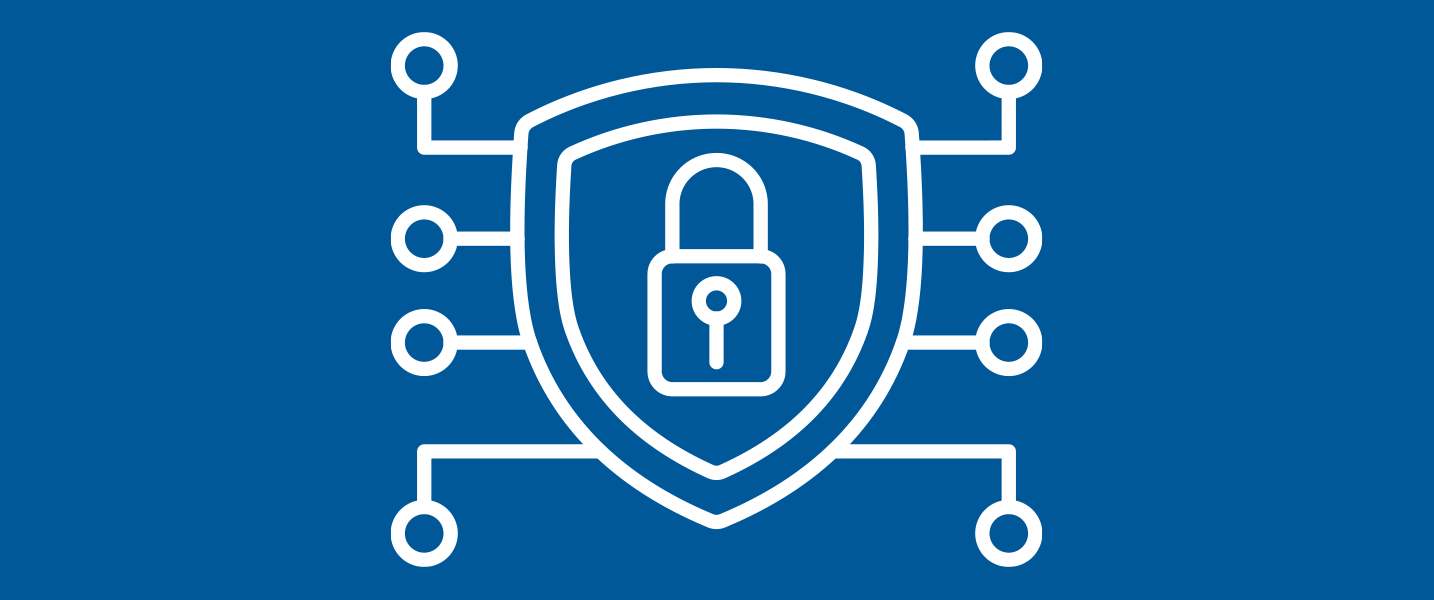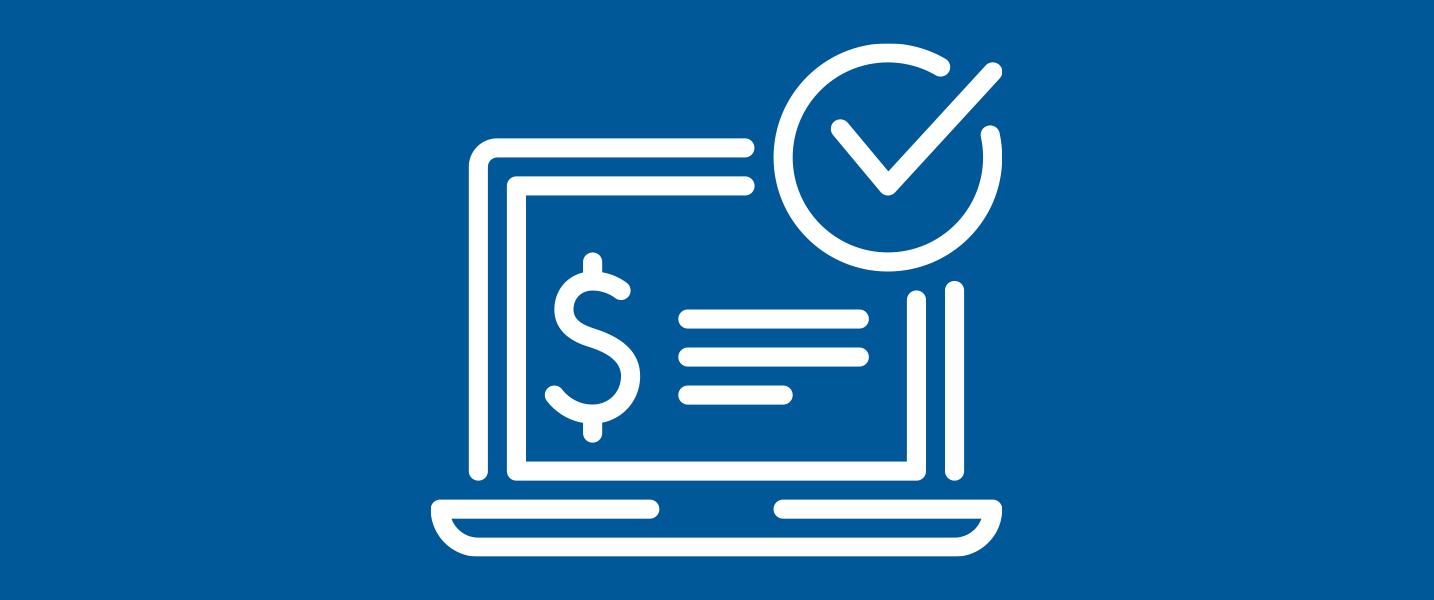Resource Center
Mar 20, 2024

Security Tips

Password Security Tips
- Do not share your User ID’s or Passwords with another person or provide them to others. Safeguard your User ID and Password information—never leave the information in an unsecured location.
- Create a unique User ID and Password. Do not use the same identifying information on multiple websites.
- Create strong User ID’s and Passwords. In other words, use upper case letter(s), lower case letter(s), number(s), and special character(s)
- Secure Password Checklist
Email Security Tips
Do not open emails or attachments from individuals or organizations that you do not know.
Many times fraudsters will send attractive offers via letters, calls, text messages or emails asking you to deposit funds to participate in a scheme that will sound too good to be true. At a later point they withdrawal the money and stop communication. Below is a list of common fraud schemes
- Contest, PCH and lottery winnings that you have not registered for, in which case they will ask for funds to process the winnings
- Emails that appear to come from large corporations, public entities or even regulatory bodies (IRS, State Gov’t, etc.). These emails will normally claim that you owe money and need to submit payments.
- Phone calls, text or emails on job offerings that you have not applied for requesting personal information and banking credentials.
- Phone calls, text or emails suggesting that you have inheritance that originate from a foreign country asking for personal information.
- Investment plans or multi-level marketing schemes offering unrealistic returns on your investment
How to Recover you Hacked Email or Social Media Account
Website Security Tips
- Monitor account activity. View account activity online on a regular basis and review periodic account statements and reconcile them to your personal records.
- Log Off from a website; do not just close the page or “X” out.
- Secure websites have a web address that includes an “s” (https rather than http). If this is lacking, the site may not be genuine. Avoid logging in or conducting business on the site.
- When completing financial transactions, verify encryption and other security methods are in place, protecting your account and personal information.
- Safe Online Shopping to avoid Fraud and Identity Theft
Mobile Device Security Tips
- Be cautious of what you download. Make sure the apps you are downloading have a good reputation and the app developer is legitimate.
- Keep track of your mobile device and always maintain some form of device login security for access to your mobile device.
- Do not hand your mobile phone to someone if the screen is unlocked.
- Do not save log-in information on your mobile device, especially to online banking or e-commerce sites.
- Avoid logging into mobile banking when on a public network.
- Use only the official Marathon Bank mobile banking app.
- Don’t click on that random text. It’s a scam
- How to Protect your Phone from Hackers
- How to remove your Personal Information before you get rid of your phone
Computer Security Tips
- Use quality security monitoring software on your PC that includes anti-virus, anti-malware and firewall functions.
- Use your PC’s security features such as individual Log-In accounts.
- Keep PC operating system security up-to-date by applying patches and updates.
- How to Secure you Home Wi-Fi Network
- How to remove your Personal Information before you get rid of your computer
ATM Security Tips
Always practice safe ATM operation by following these simple safety precautions.
- Memorize your PIN. Do not write your PIN on your card or store the PIN with your card.
- Do not share your PIN or card with anyone.
- Do not allow a stranger to help or assist in the use of your card or the handling of the cash.
- Stand close to the ATM when conducting your transaction and be aware of your surroundings.
- Verify that your transaction is complete and the screen has reset before leaving.




